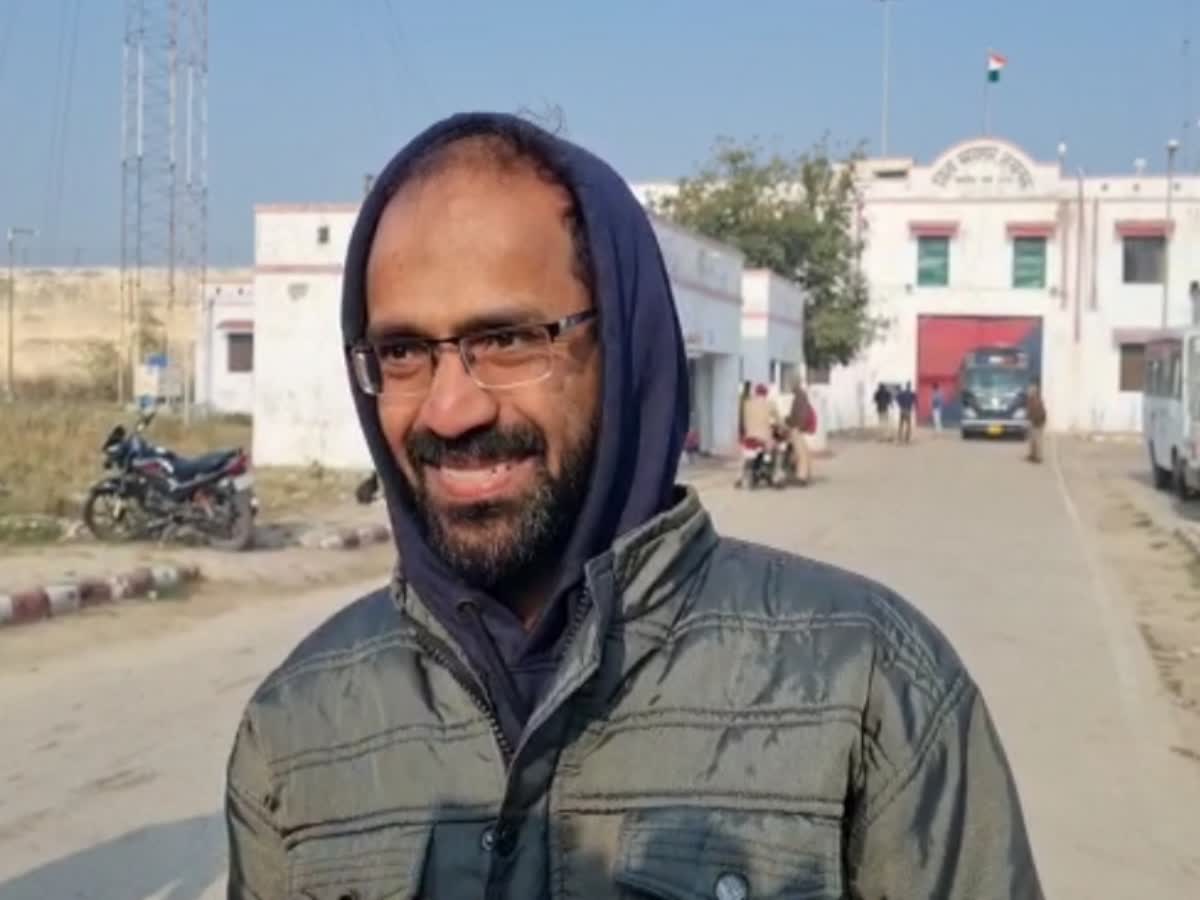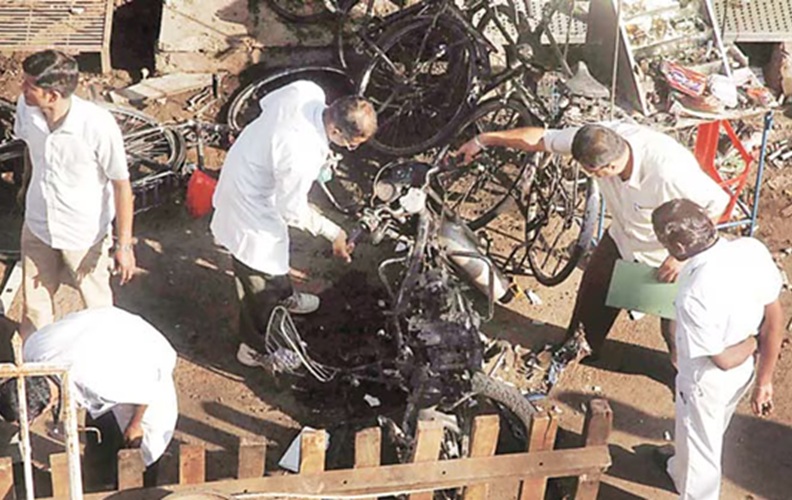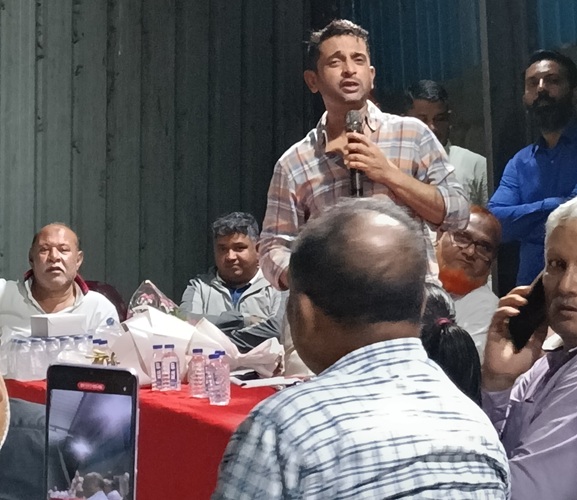Syed Ali Mujtaba
Some five months after Supreme Court granted bail to Siddique Kappan in September 2022 exonerating him from all the charges, the Kerala journalist, walked out of jail on February 2, 2023.
Kappan was in jail for over two years. He was first arrested on terror charges in October 2020 while he was on his way to Uttar Pradesh to report on the horrific ‘Hathras Gang Rape’, when a 19-year-old Dalit girl was brutally raped and murdered there.
Kappan was nabbed by the UP police in Mathura. Why he was arrested in UP and not elsewhere remains a mystery. The UP police claimed he had links with the now-banned outfit Popular Front of India (PFI). That he was plotting a conspiracy to incite violence in the state. The fact is he went to Uttar Pradesh as a journalist to report the Hathras Gang-rape case, and it shocked the nation why a journalist was prevented from performing his professional duty.
Kappan was subsequently charged under the draconian Unlawful Activities (Prevention) Act or the “anti-terror law.” As a result, he remained in prison for over two years.
Even after the Supreme Court had granted him bail, a separate money laundering case was pressed against Kappan by the Enforcement Directorate, which ensured his prolonged detention in the prison.
A Lucknow court framed charges against him and six others under the Prevention of Money Laundering Act (PMLA), which meant his detention could be further prolonged.
Finally, on February 2, Kappan was released from Lucknow jail, after submitting two sureties of Rs 1 lakh each in the special PMLA (Prevention of Money Laundering Act) court.
Kappan’s arrest has become a hotly debated issue in India. Many journalists and activists who had earlier welcomed the Supreme Court verdict granting him bail were shocked at his prolonged detention. They claimed that the Kerala journalist was a “soft target” for the BJP government in Uttar Pradesh as he is a Muslim. They are asking questions of whether the Supreme Court has lost its grip over the lower courts of India. Certainly, Kappan’s case points to this fact.






0 Comments